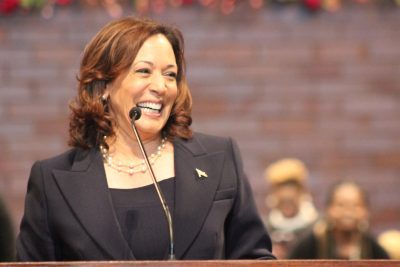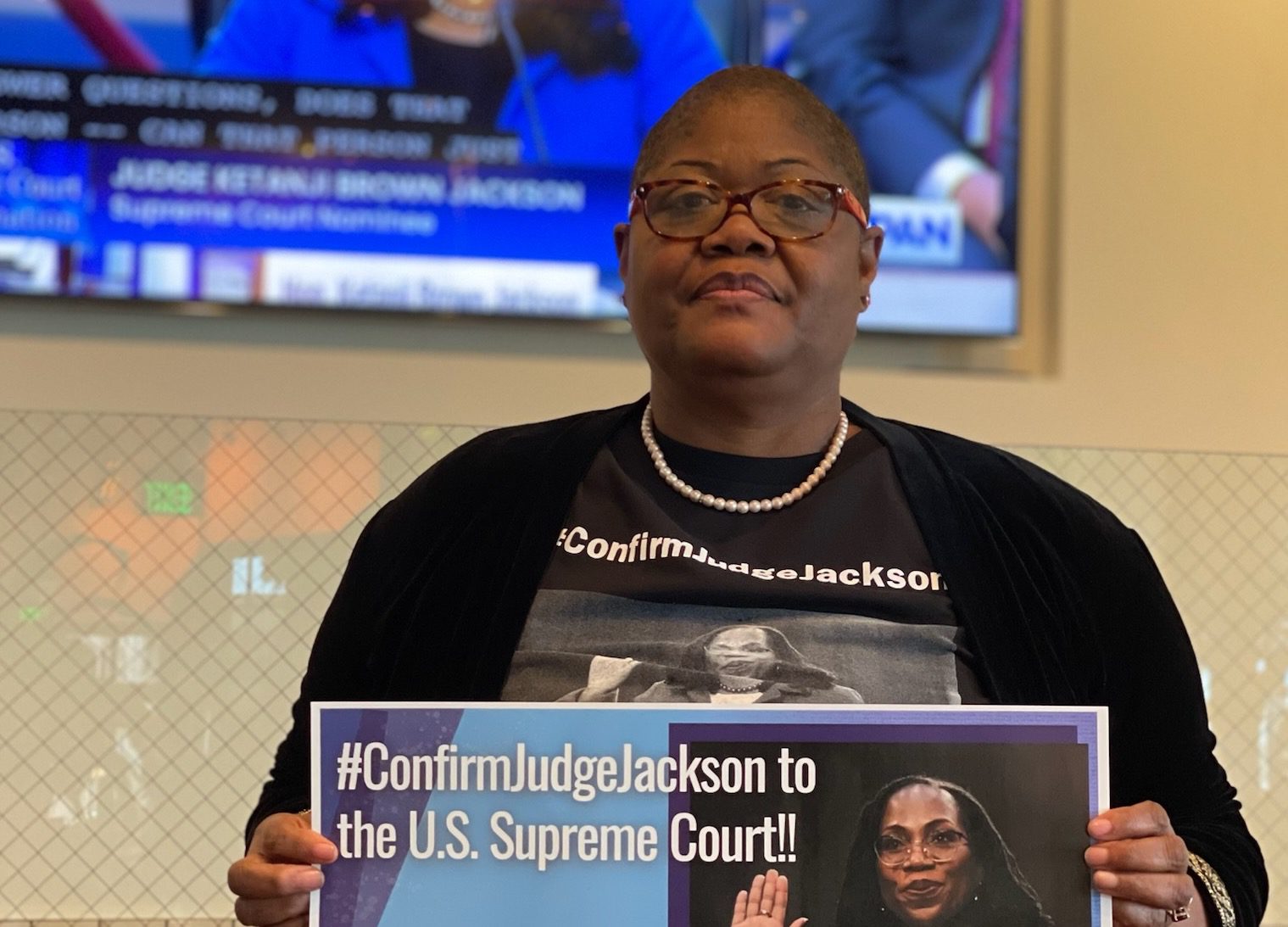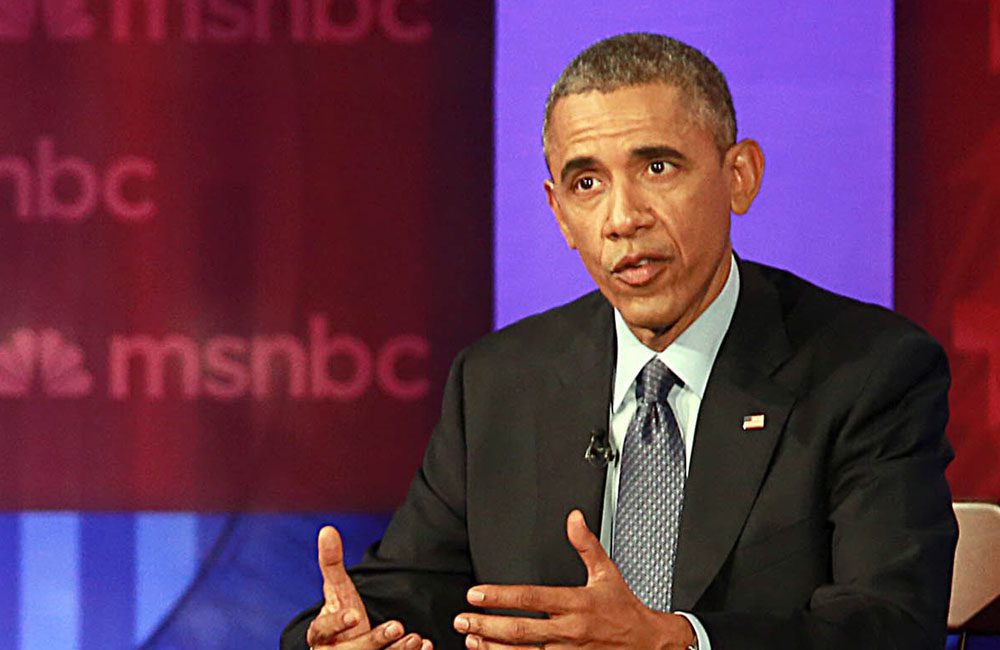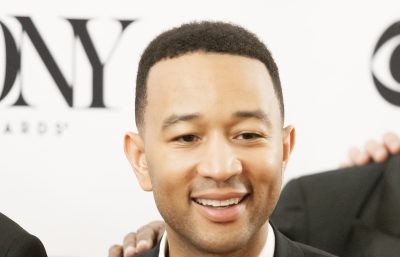
The National Coalition on Black Civic Participation’s (NCBCP) Black Women’s Roundtable led a groundbreaking effort at this year’s presidential nominating conventions – the Republican National Convention (RNC) in Tampa, Fla., and the Democratic National Convention (DNC) in Charlotte, N.C., – to make black women’s issues a top priority and to remind current and potential elected officials of black women’s voting power.
More than 30 local leaders joined national leaders for an in-depth discussion about the continuing economic crisis, criminal justice reform, and voter suppression tactics, during the RNC roundtable held at St. Petersburg’s Center for Community and Economic Justice. Barbara Arnwine, executive director of the Lawyers Committee for Civil Rights Under the Law, underscored the importance of the 866 OUR-VOTE hotline, to educate constituents, organizations and community members in countering the rampant black voter disenfranchisement in Florida.
The Black Women’s Roundtable and Higher Heights for America co-hosted, “Harnessing Black Women’s Political Power: The Chisholm Effect 40 Years in the Making,” at The Charlotte Convention Center. It was an unprecedented salute and symposium about the power of the sister vote.
Hazel Dukes, president of the NAACP New York State Conference, electrified the crowd with a stirring opening that outlined the historic run of Congresswoman Shirley Chisholm and reprimanded leaders for not realizing that the black woman’s vote is vital 40 years later. 
Melanie L. Campbell, president and CEO of the NCBCP and convener, Black Women’s Roundtable said, “We’re celebrating the phenomenal power of the sister vote. Black women are getting their swagger back in 2012. They’re not just getting themselves prepared to vote, they are making sure their family, friends and neighbors are prepared to cast a ballot that counts in this very important election.” This was a reminder of the Pew Research findings that the surge in black voter participation in 2008 was driven by increased participation among black women.
Campbell closes, “Black women are leaders in turning out our community; our issues should be a top priority for elected officials and we need to see black women appointed to powerful positions.” –yvette caslin
BWR is an intergenerational women’s network of the NCBCP, a non-profit, non-partisan organization dedicated to increasing civic engagement in Black and underserved communities and developing new leaders. For more information visit www.ncbcp.org.













